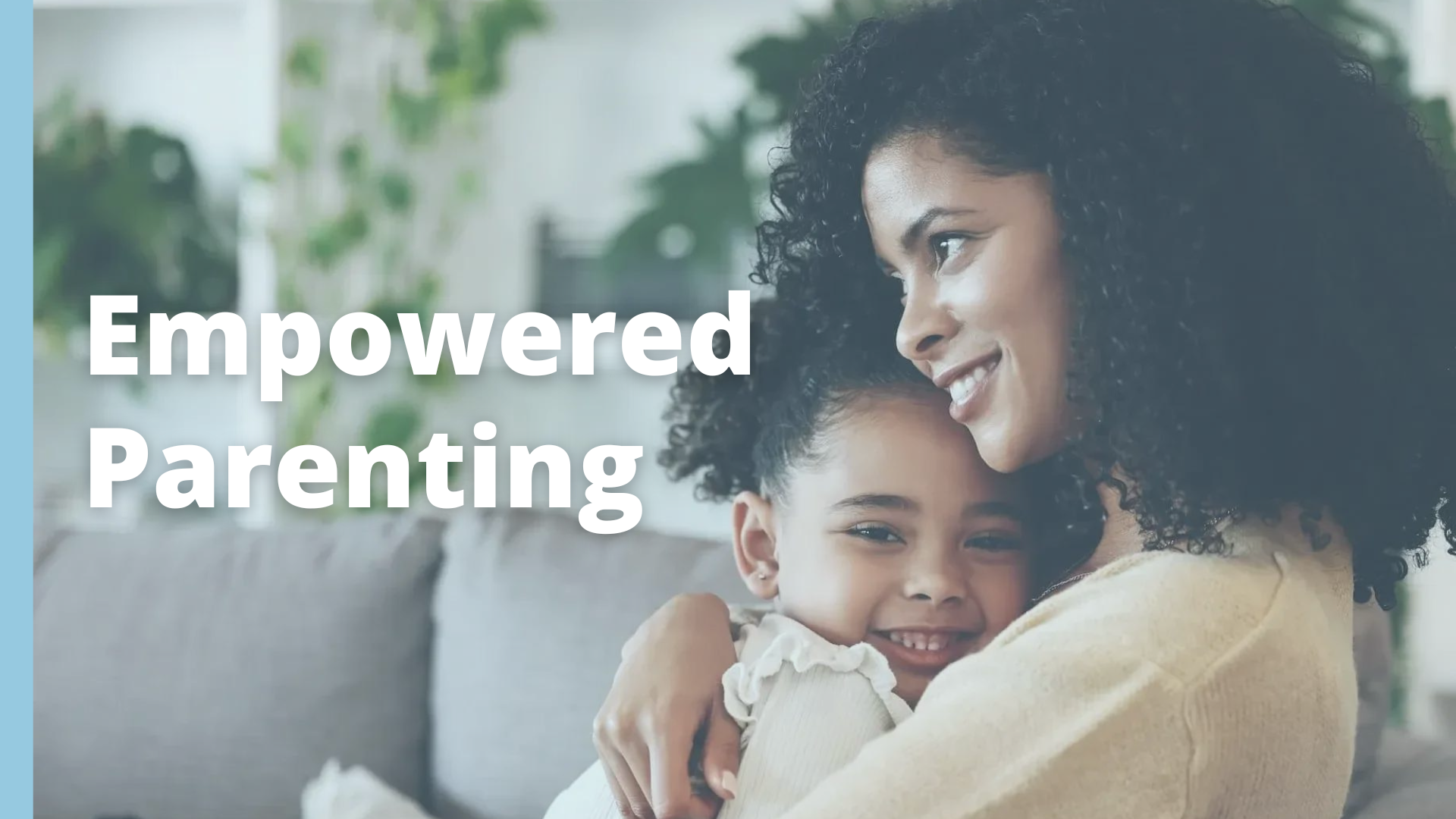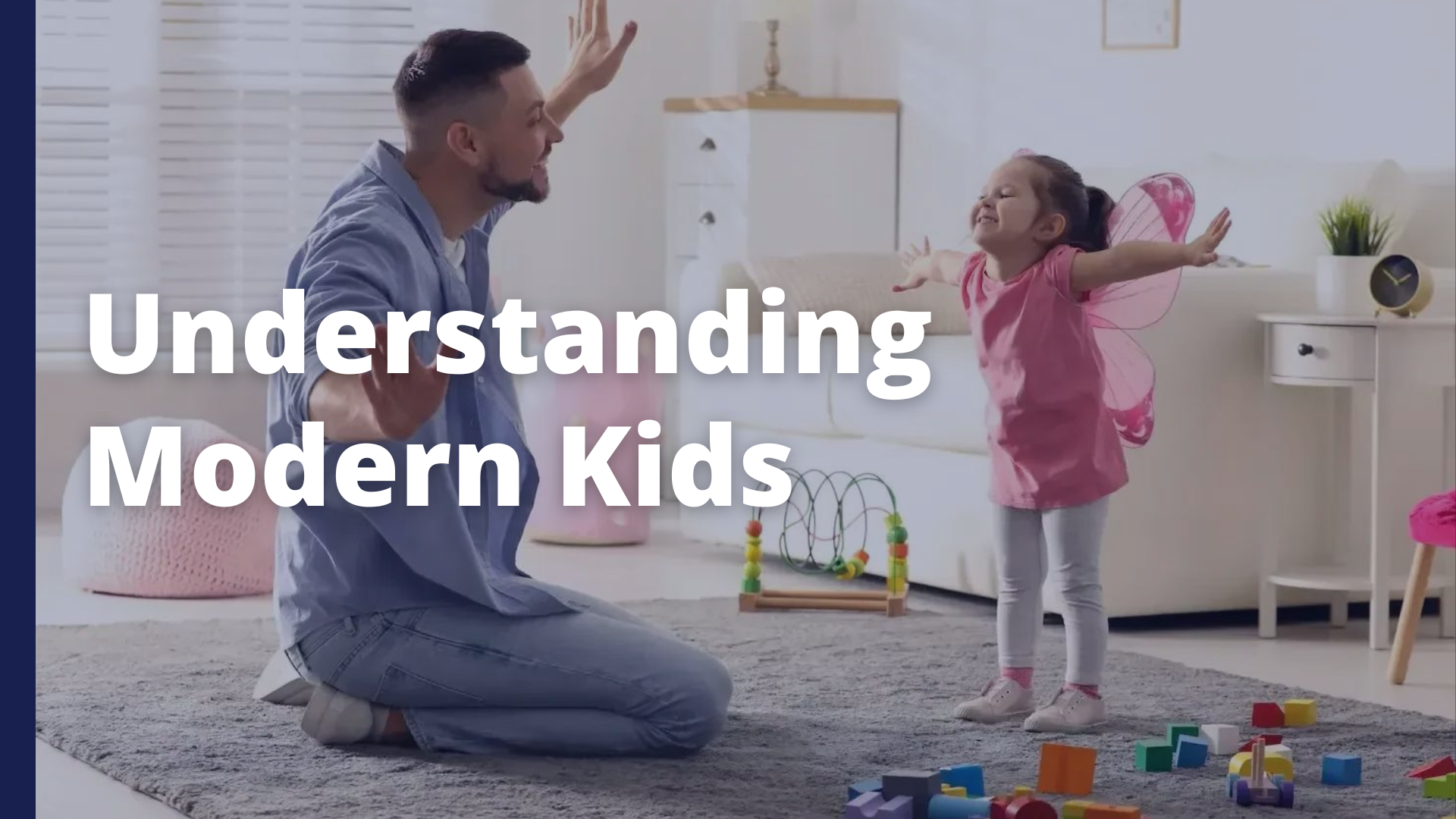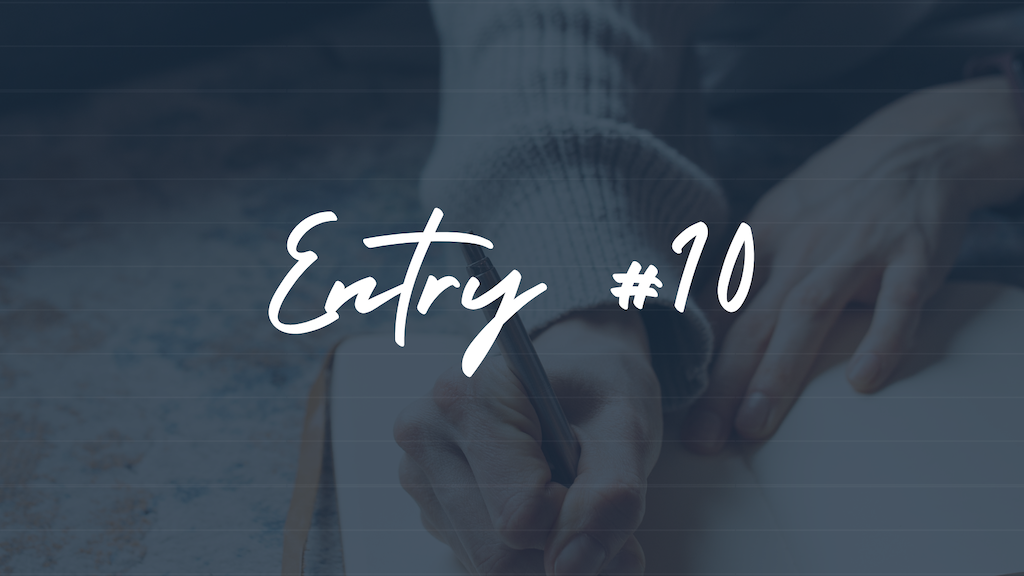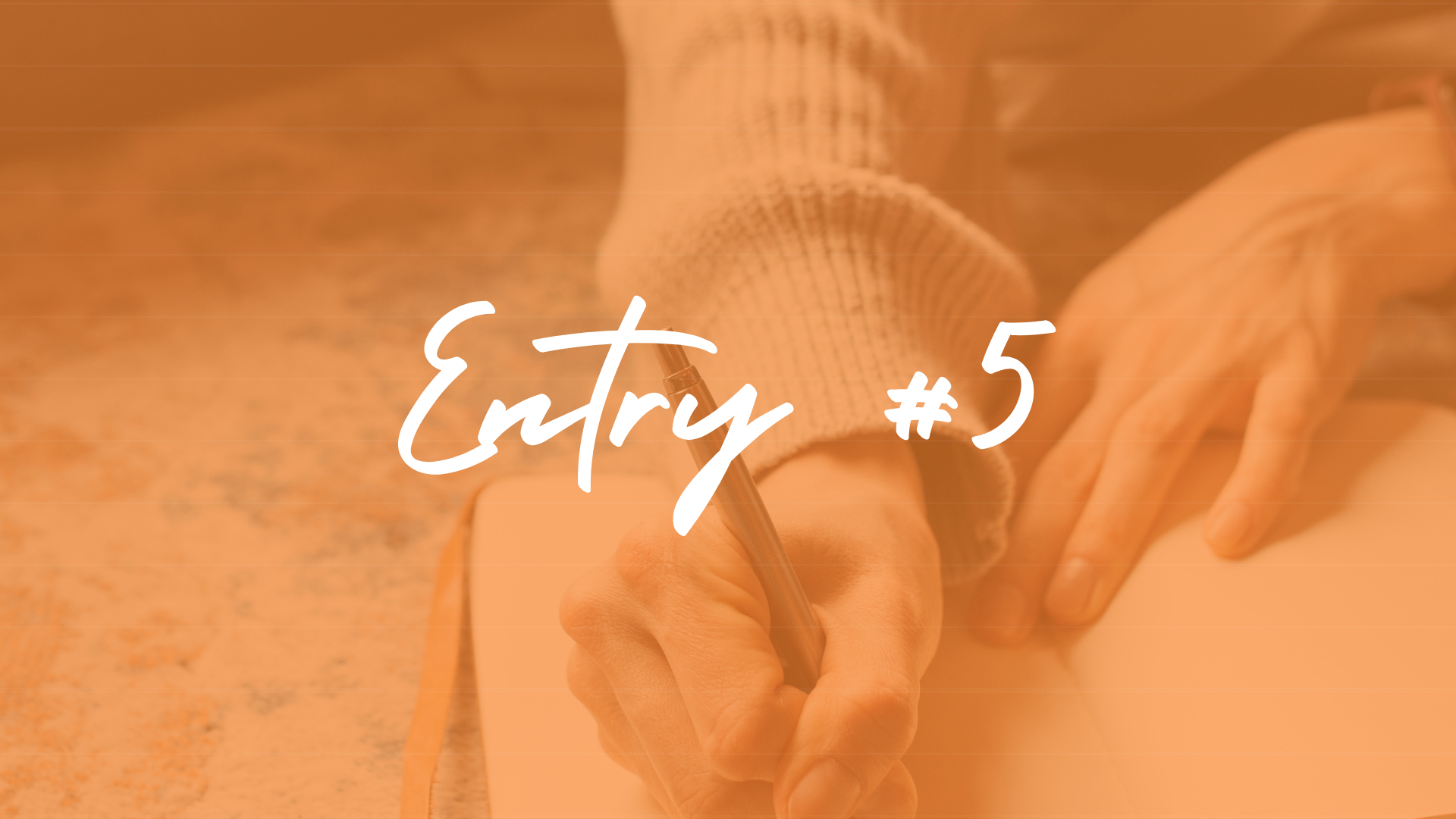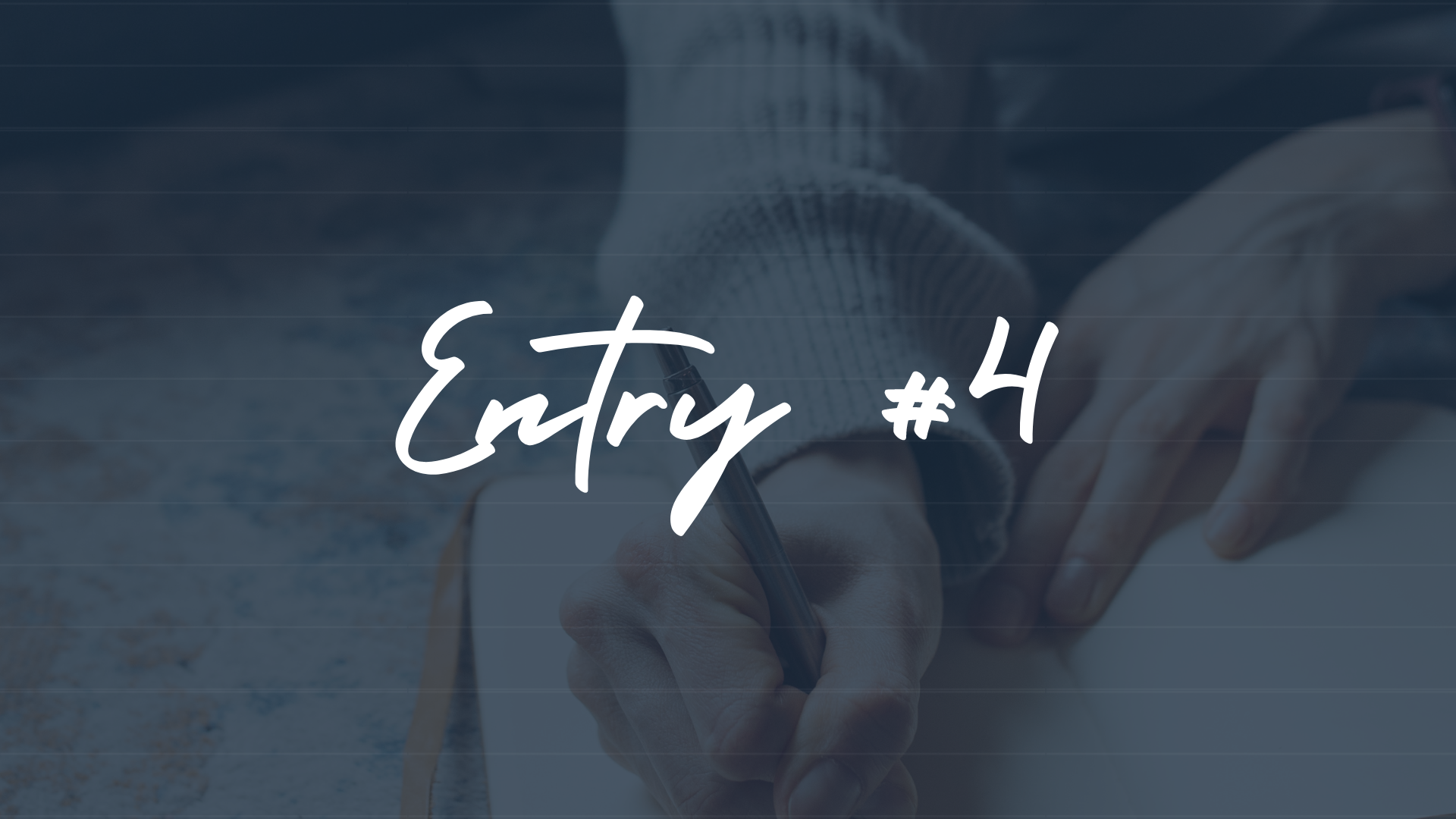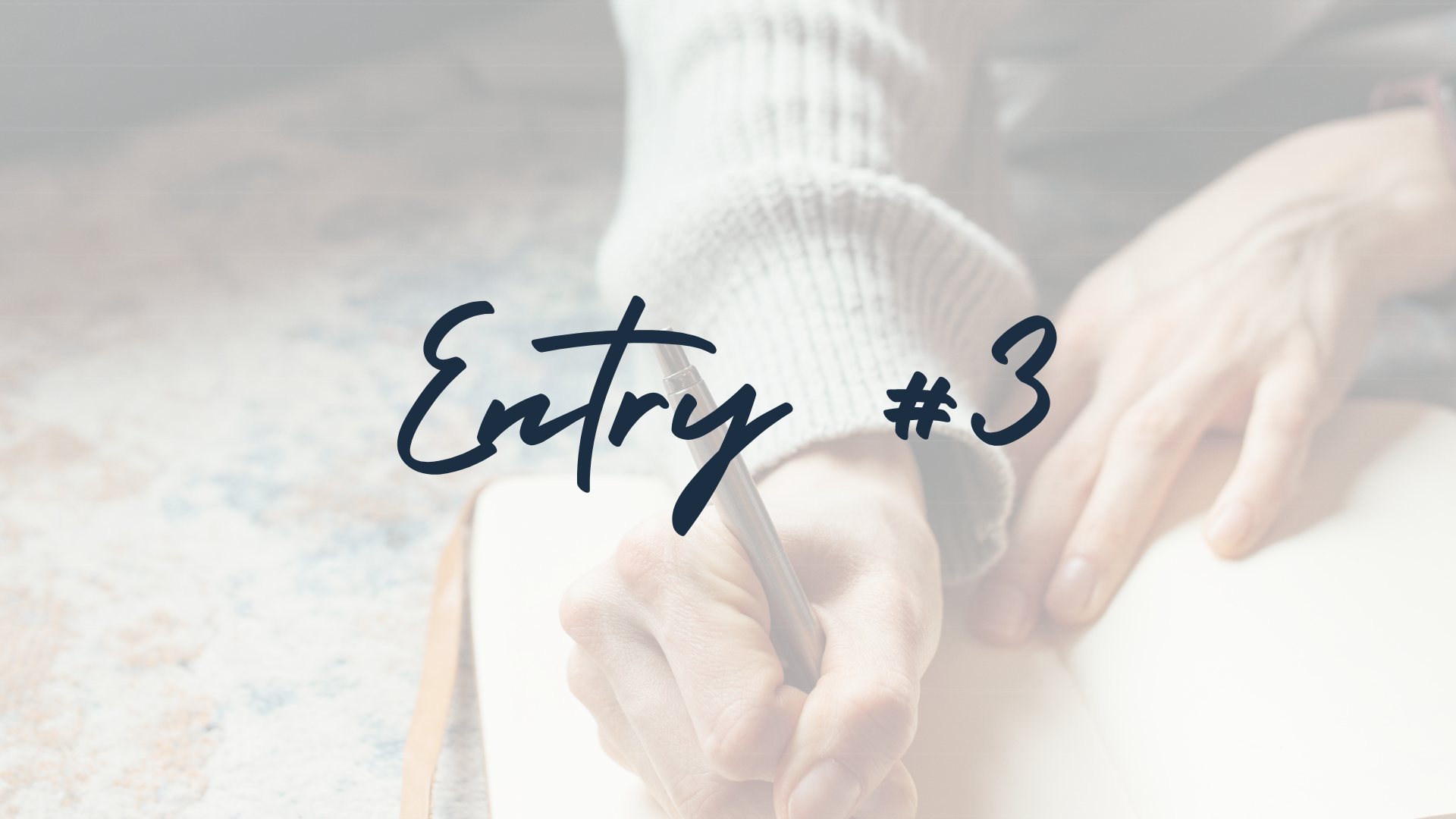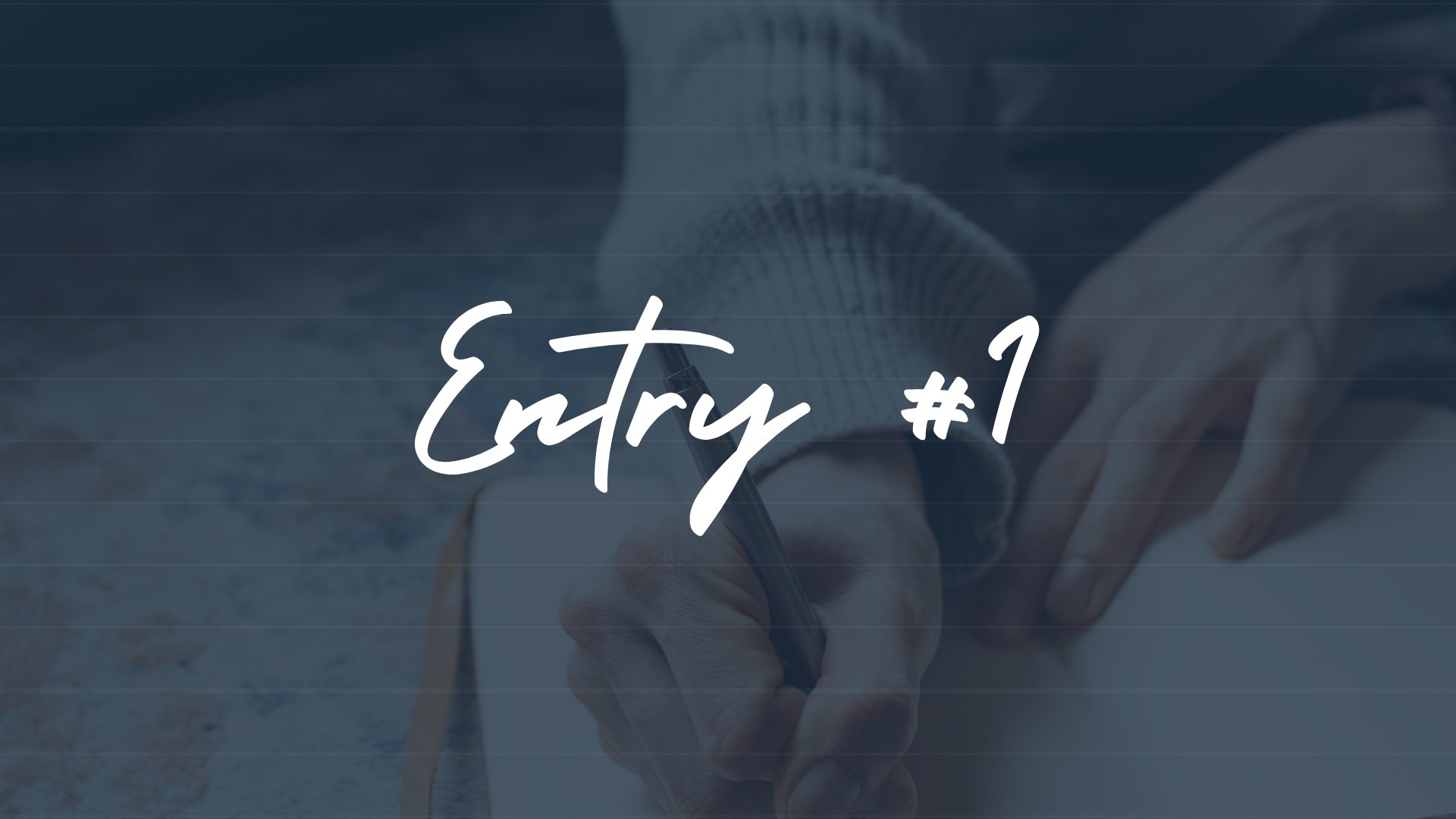Parent Coaching Blog
Explore Jai's Articles on Parent Coaching and it's Empowered Parenting Methodology
Recently Published Articles:
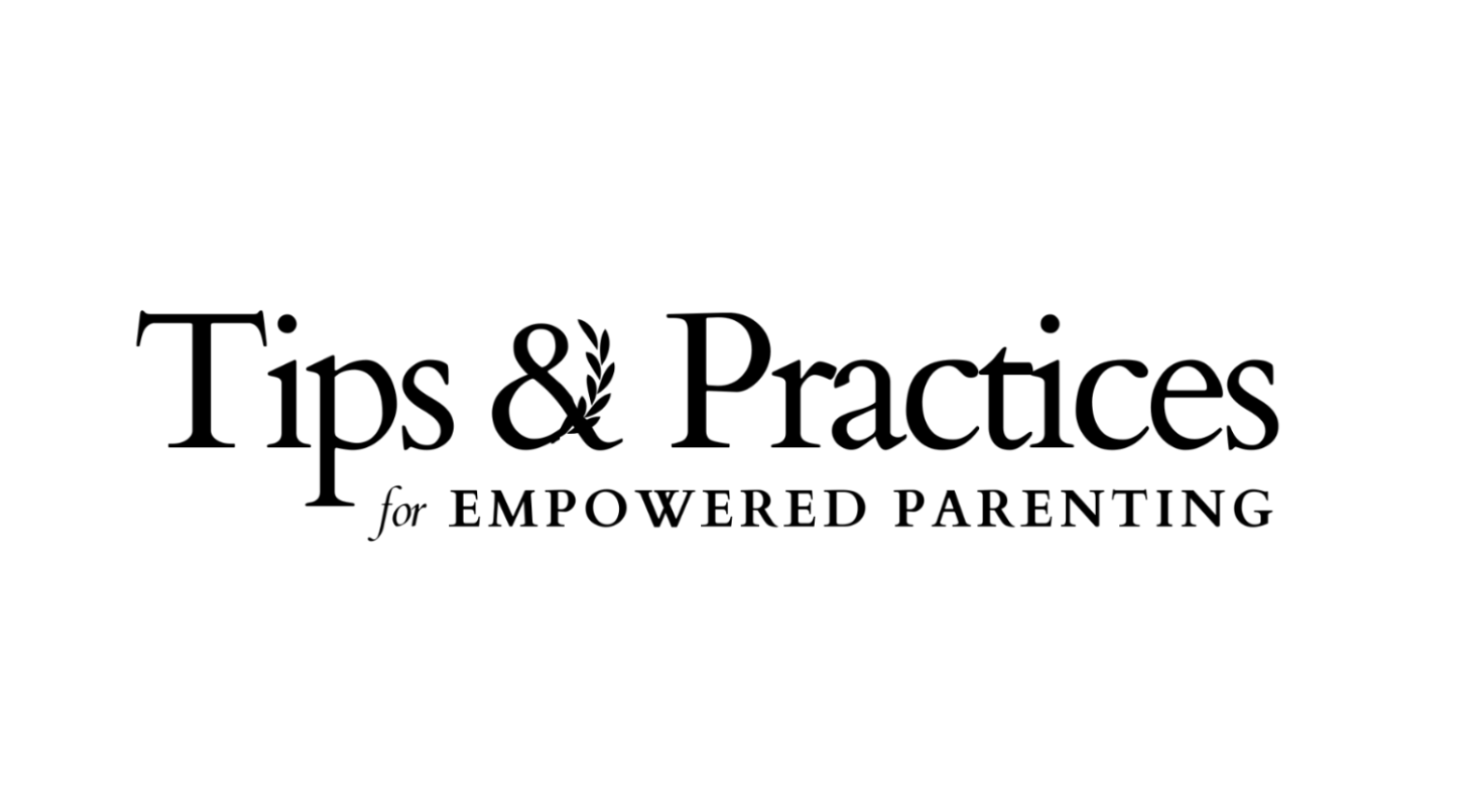
Valentine’s Day tends to focus our attention on love as something we give : cards, gestures, words, affection. But the kind of love that most deeply shapes a child isn’t performative or sentimental. It’s quieter. Steadier. And often much harder. It’s the kind of love that says: You don’t have to change who you are for me to stay close. For many parents, this kind of love feels counterintuitive, especially when a child is struggling, acting out, or not meeting expectations. Yet this is the love that makes growth possible.
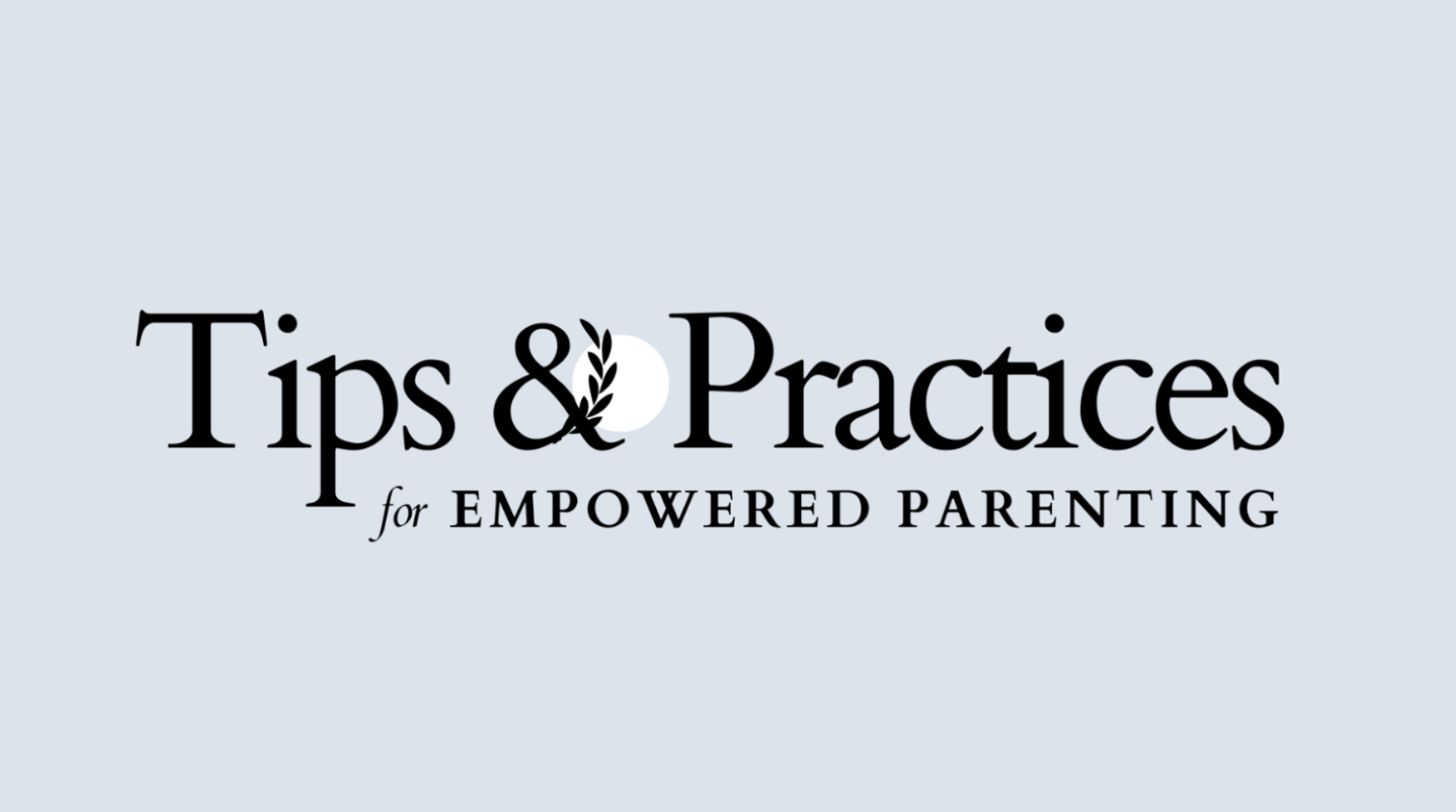
Parents often come to us exhausted by behavior: big reactions, shutdowns, defiance, tears that seem to come out of nowhere. The common question is: How do I make this stop? But underneath that question is usually something more tender: What is my child trying to tell me, and why can’t they just say it? Children aren’t being difficult on purpose. They’re communicating with the tools they have. Let’s keep it real: many adults struggle with communicating their needs effectively, especially when they are tender. And our children don’t have the life experience or maturity that we do, so they grasp and react and express in ways that are available to them. And their behavior is often the loudest. This doesn’t mean that we IGNORE unwanted behavior. It means we meet it through a different lens.

Children don’t come into the world believing in themselves. They learn to believe, slowly and relationally, through thousands of small moments when someone steady reflects back: I see you. I trust you. You matter. When parents feel unsure, overwhelmed, or self-critical, it’s easy to assume confidence is something a child either has or doesn’t. But self-belief isn’t a personality trait. It’s a relational inheritance.
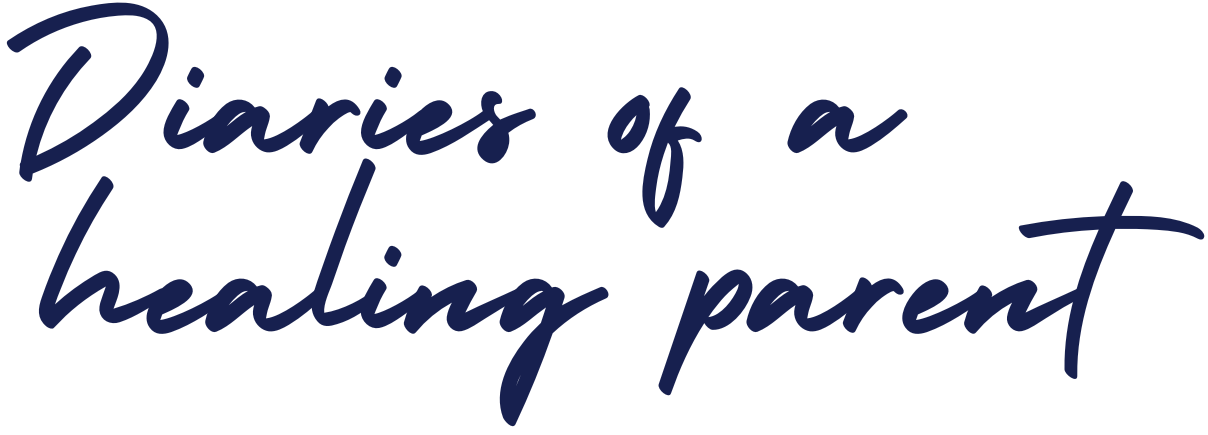
Real life parenting scenarios from within the coaching world of Jai



